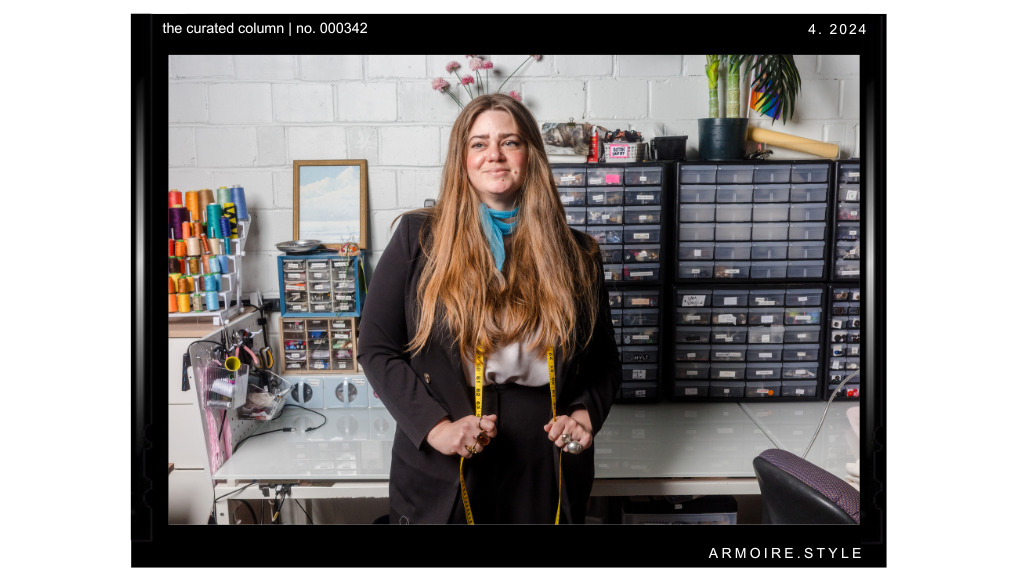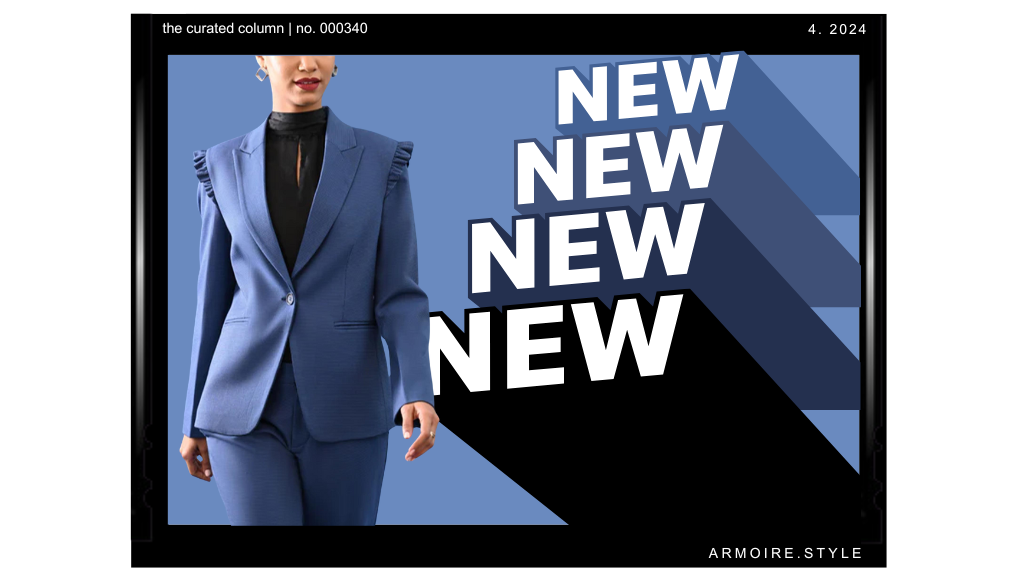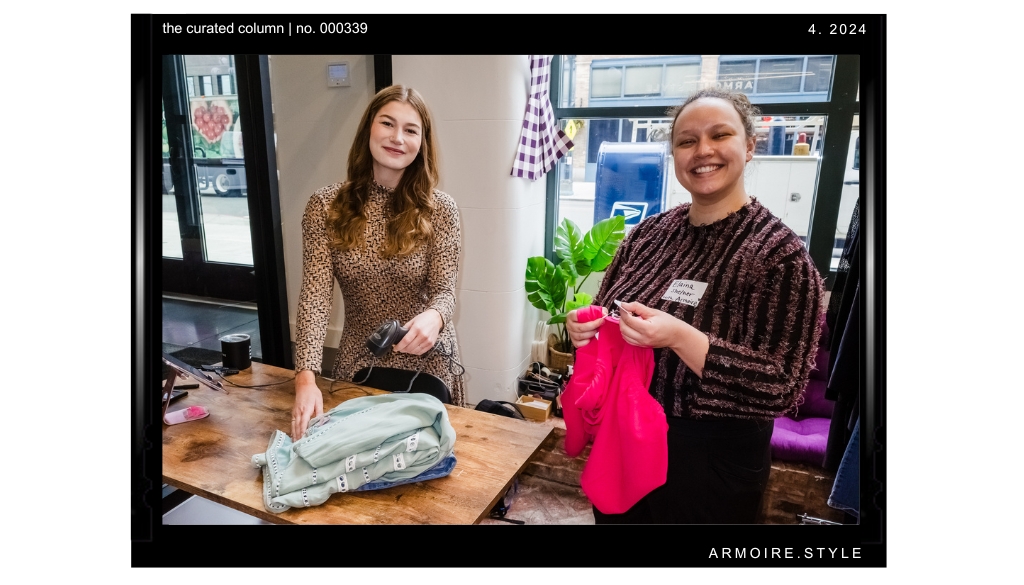
Most of the people I have met in my life would know how passionate I am about the natural environment and the world we live in. Therefore, it was no surprise to my family and friends when I launched my own business in this space. Nash + Banks is a platform for change. A one-stop-shop for people looking to enrich their lives by supporting authentic brands committed to positively impacting people and the planet.
Since launching Nash + Banks in 2018, I’ve had the privilege of connecting with an inspiring community of female change-makers, innovators and founders. I have spoken with many of them about the lessons learned on their journeys of launching a sustainability-focussed business. I am a huge advocate for small business and supporting female founders, so I am happy to share some of the key insights I’ve discovered in these conversations along with a few of my own discoveries.
1. Establish your core values
Every journey begins with a single step and the first one is to identify what sustainability means to your business and your team. Ask yourself: “What core values do I want my business aligned with? What beliefs are most important to me?”. From climate action and waste reduction to ethical production practices or reduced inequalities, sustainability is a complex concept that covers a large number of areas. So I highly recommend choosing a key focus area, particularly to begin with. By having a clearly defined outline of your core values, you’ll be able to lay the foundation for many of the business decisions that you will face ahead.
2. Be realistic
Whilst your goal is to create positive change via your business, it’s important to be realistic about what is achievable at each stage of your journey. Don’t be discouraged if you can’t achieve everything you want from the outset. Start by ensuring that your core product delivers against your values. From there, remain committed to improving all other aspects as the resources, technology and finances become available to you.
One great example of this is the founders of People 4 Ocean – both Marine Biologists intent on creating a quality reef-safe sun care range. After nailing the formula, they have continued to invest in bettering each aspect of their business – from extending the range to include vegan products, donating profits to restoring reefs, & ethically manufacturing with solar power to transitioning all packaging to a plant-based bioplastic made from sugarcane.
3. Prioritise transparency and honesty
Sustainability is a large focus these days, and lots of companies are claiming to be “sustainable” while not actively adopting sustainable practices. Unfortunately, because of this, consumers have become wary of “greenwashing”. If you’re planning on launching a sustainable business, clearly defined and articulated values will help you cut through all the noise. Be transparent about your processes and your product, and demonstrate a continued commitment to improving your brand and its entire supply chain. At Nash + Banks, this commitment to authenticity has been a vital foundation for building our community and establishing trust with our customers.

4. Do your homework
Being transparent also means knowing the ins and outs of your business operations. You need to do your homework on the processes, materials, manufacturing for your business and apply for all the necessary certifications. In short – know your stuff and ask your suppliers to share information about their business practices as well.
A great place to get started is looking at the requirements for BCorp Certification. Even if you don’t intend on applying for BCorp status, their checklist is a fantastic reference for creating a more sustainable business. For example, it asks you to take inventory of your social and environmental footprint with questions like:
- How will you maintain your social or environmental mission over time?
- How will you evaluate the social and environmental performance of your suppliers?
- What underserved populations does your business impact?
- What environmental improvements have you considered for your premises (energy efficiency, waste reduction, water efficiency)?
- Do you monitor your universal waste production?
5. Connect with like-minded communities
Lastly, I strongly encourage you to connect with the awesome sustainable and value-driven brands that are already doing great things for the community. There’s an enormous wealth of information amongst this innovative community so take advantage of it. These are people who have had to reshape and redefine traditional concepts of operating, manufacturing, packaging… you name it! It’s this collective spirit that allows us to work together, strengthen our offerings, and create significant and lasting change.
Launching a sustainable business isn’t easy but it’s an incredibly rewarding and worthwhile investment in our future. If you’re the type of person who is passionate about making a positive change to the world, then don’t let anything hold you back.
Niccii Kugler is a Business Chicks Premium member and the Founder of Nash + Banks, a curated marketplace for people to discover well designed ethical, sustainable and artisan products.







